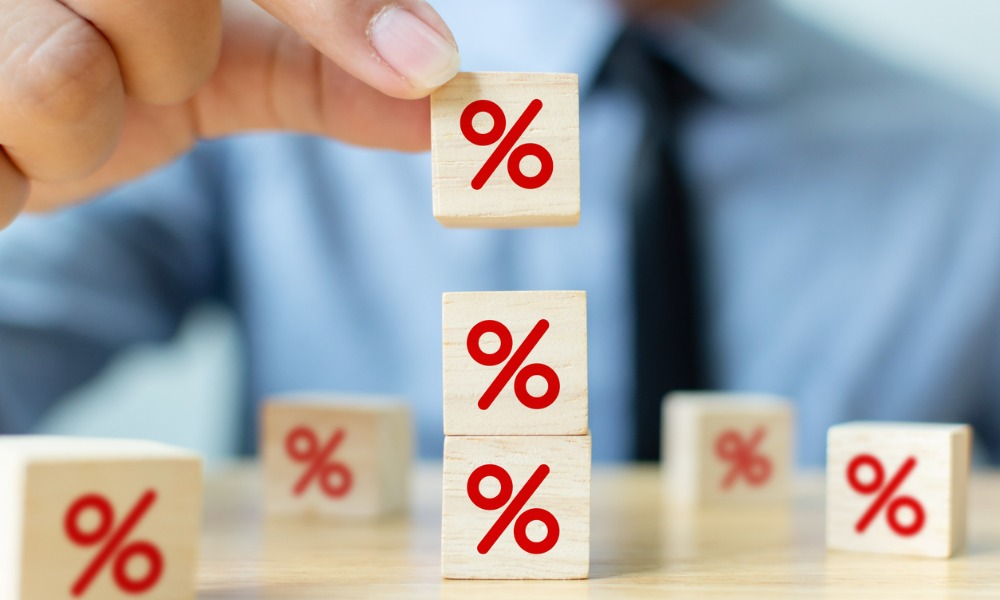Its impact on current market conditions is likely to be immediate and significant

The likely half-point hike in the Bank of Canada’s interest rate on April 13 is a justified step considering the feverish pace of inflation so far this year, according to Ratehub.ca.
In its quarterly survey of business executives, the central bank found that key industries are bracing themselves for a protracted struggle in an economy stretched to its limit. Approximately 70% of respondents are expecting annual consumer price gains to exceed 3% over the next two years, while as much as 80% said that they would encounter at least “some difficulty” when it comes to meeting unexpected demand.
“The bank has signalled that they will move the key overnight rate significantly to get inflation under control; therefore, a 50-basis-point increase is likely,” said James Laird, co-founder of Ratehub.ca.
Read more: Analysts: BoC must show restraint in its rate hikes
This increase is likely to have a disproportionately large impact on current market conditions, Laird said.
“A 50-basis-point increase will certainly have a cooling effect on home prices around the country,” Laird predicted. “Anyone currently shopping for a home will be less enthusiastic to bid a high price when the cost to finance the home has gone up. This will remove some buyers from the market.”
Consumers holding variable-rate mortgages, in particular, will be left reeling by these reverberations.
“Anyone with a variable rate mortgage should understand what their payment will be with a 50-basis-point increase next week, and they should budget for additional rate increases totalling 1-2% for the remainder of the year,” Laird said. “Fixed rates have already increased by 1.5% because bond yields have been pricing in the anticipated Bank of Canada rate increases.”
“Given the anticipated rate hikes, many Canadians are electing to convert their variable rate to a fixed rate. However, some are sticking with the variable rate because it remains so much lower than today’s fixed rates and historically it provides greater savings in the long term,” he added.



